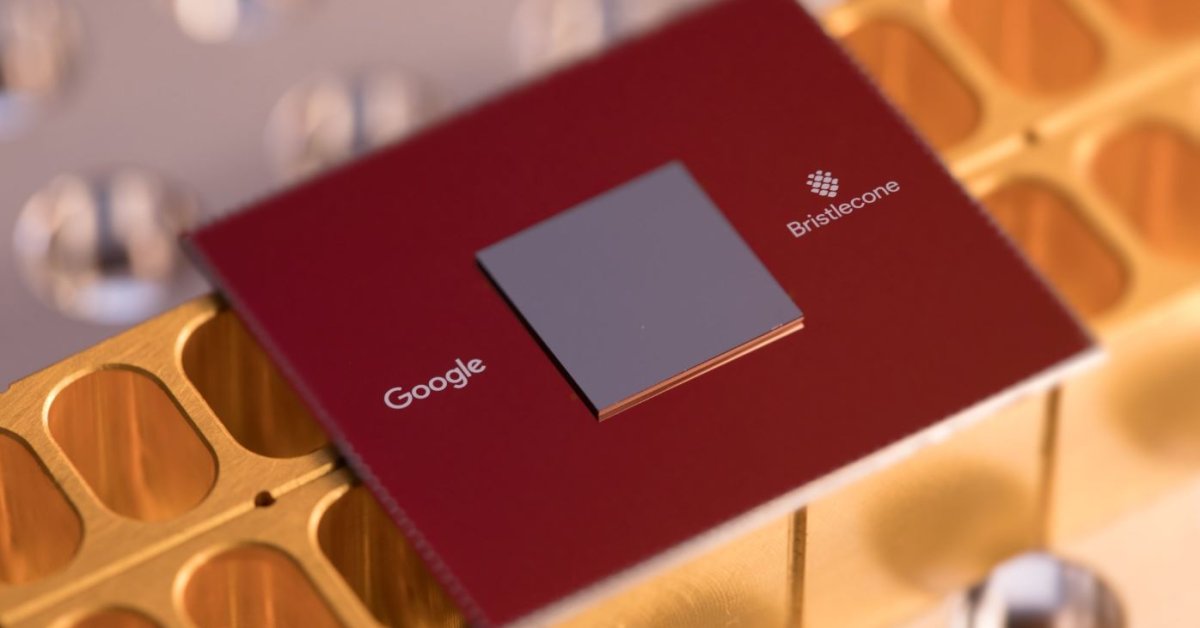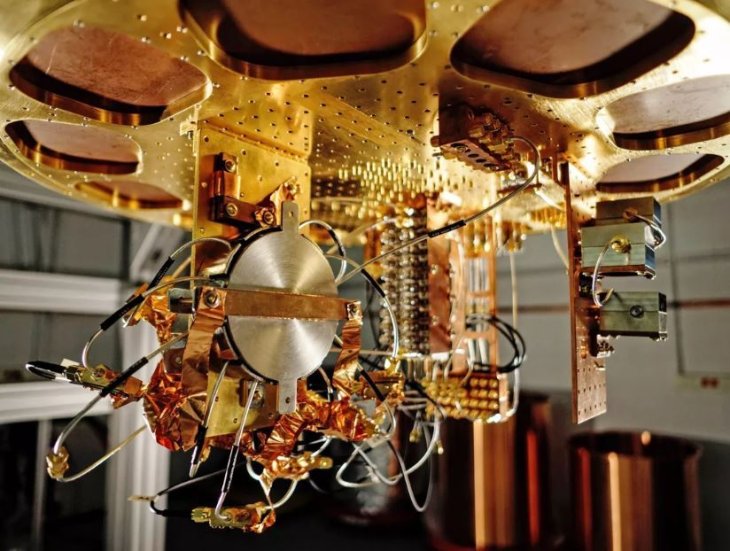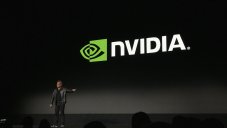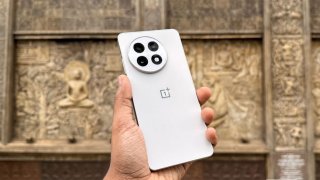Google Says It Has Achieved The World's First Quantum Supremacy
Dhir Acharya - Sep 23, 2019

Google's quantum supremacy can solve a problem in over three minutes, which will take existing supercomputers 10,000 years to solve.
- Google Offers Voluntary Buyouts to US Employees Amid AI Push
- Google SynthID: Everything You Need to Know About AI Content Detection
- NotebookLM Mobile App: Enterprise AI Capabilities Now Available on iOS and Android
A paper appeared on a NASA site late last week, claiming that Google has achieved quantum supremacy, which is a big early milestone regarding quantum computing field, but the paper was then removed, according to the Financial Times.
Google, like Intel, Microsoft, and IBM, as well as other major tech firms and startups, have been working on quantum computers. This is a new type of computer built based on a completely different architecture compared with classical computers. This announcement isn’t official, but industry experts and scientists have, for a long time, expected the tech giant to build a quantum computer that’s capable of achieving this milestone: a quantum computer that can perform calculations a classical computer cannot.

In classical computers, all problems are abstracted onto bits, a two-position switches system (ones and zeros) which interact through the rule of logic. Meanwhile, quantum computers are based on quantum bits, also known as qubits, which are two-position switches but interact through the same rules with subatomic particles, which are called quantum mechanics.
Thanks to this quantum architecture, quantum computers can solve a set of problems which are unsolvable to classical computers given a reasonable period of time, including problems in modeling molecules as well as cryptography. However, as there are difficulties in maintaining the quantum behavior of qubits for the coherence time, researchers cannot demonstrate any kind of quantum speedup.
It’s reported by the Financial Times that a Google publication claims that the tech giant’s quantum processor can conduct a calculation within three minutes, 20 seconds, which the most advanced existing classical computer would take about 10,000 years to perform; this is quantum supremacy. Google hasn’t responded to a request for comment from Gizmodo, and it remains unclear when and how the company will announce this milestone.

There are not many details about what calculation the quantum computer performed, but previous proposals involve the quantum computer racing against a classical computer that simulated a random quantum circuit. The achievement wouldn’t be surprising as we learned that Google has been doing tests on Bristlecone, a 72-qubit device, which it hoped could help achieve quantum supremacy. According to the Financial Times, that supremacy experiment was performed with Sycamore, a 53-qubit processor, instead.
Google’s achievement would be an important early milestone regarding comparing quantum devices with classical computers. Nevertheless, there is still a long way to go before we can actually prove the usefulness of quantum computing. We need to increase the coherence time as well as introduce error correction schemes, in which we combine multiple qubits into one to make sure the quantum computer outputs the right answers.
Intel’s Director of Quantum Hardware James Clarke said:

Scientists probably don’t accept Google’s announcement as valid. The most important thing is that if a supercomputer has to spend 10,000 years to check a quantum computer’s answer, how can we know the quantum computer gets the right answer right at the moment?
Featured Stories

ICT News - Feb 13, 2026
Elon Musk Pivots: SpaceX Prioritizes Lunar Metropolis Over Martian Colony

ICT News - Feb 10, 2026
Discord's Teen Safety Sham: Why This Data Leak Magnet Isn't Worth Your Trust...

ICT News - Feb 09, 2026
PS6 Rumors: Game-Changing Specs Poised to Transform Console Play

ICT News - Feb 08, 2026
Is Elon Musk on the Path to Becoming the World's First Trillionaire?

ICT News - Feb 07, 2026
NVIDIA's Gaming GPU Drought: No New Releases in 2026 as AI Takes Priority

ICT News - Feb 06, 2026
Elon Musk Clarifies: No Starlink Phone in Development at SpaceX

ICT News - Feb 03, 2026
Elon Musk's SpaceX Acquires xAI in Landmark $1.25 Trillion Merger

ICT News - Feb 02, 2026
Google's Project Genie: Premium Subscribers Unlock Interactive AI-Generated Realms

ICT News - Dec 25, 2025
The Visibility Concentration Effect: Why Half the Web Isn’t Qualified Anymore

ICT News - Jul 05, 2025
Windows 11 is Now the Most Popular Desktop OS in the World
Read more

Mobile- Feb 12, 2026
What is the Most Powerful Gaming Phone Currently?
The Nubia Red Magic 11 Pro is the undisputed most powerful gaming phone right now, blending record-breaking benchmarks, unbeatable cooling, and gamer-centric design for peak performance that lasts.

ICT News- Feb 13, 2026
Elon Musk Pivots: SpaceX Prioritizes Lunar Metropolis Over Martian Colony
While Mars enthusiasts may feel a temporary setback, the lunar focus could ultimately fortify humanity's multi-planetary future.

Mobile- Feb 11, 2026
Top 5 Cheap and Efficient Gaming Phones in 2026
These phones prove you don't need $1000+ for efficient gaming. The RedMagic 11 Air leads for pure power, while POCO options win on value.
Comments
Sort by Newest | Popular